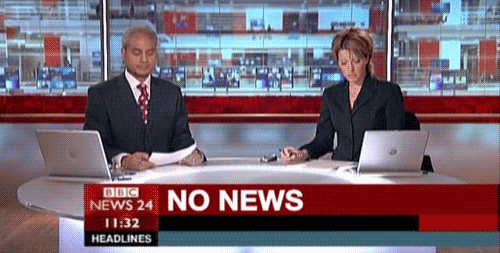Metalab is an open hacker space in Vienna, Austria where people can share ideas and get creative
with technology.
The space opened its doors in 2006, a many-roomed basement space not far from Vienna's Rathaus (city hall). Visitors can make use of an unsecured Wi-Fi connection and an array of technology (3-D printers, laser routers, darkroom and more) to help realize any idea about using technology for greater purpose.
Many of those who come consider themselves to be hackers, anyone who wants to unpack systems and put them back together to work better, says
Thomas Lohninger, a Metalab regular.
This Friday Metalab will commemorate the loss of internet freedom fighter
Aaron Swartz with a daylong hackathon. "As usual, there are will be open WLAN, whiteboards, flipcharts, projector and soft drinks,” according to the
announcement on site.
Every event is organized by members and -- with very rare exceptions -- open to the public, according to Lohninger. The not-for-profit organization that operates Metalab, sees itself solely as an infrastructure provider and exerts little influence over projects and events carried out at the lab.
Some images from my visit to the lab on Feb 14:
 |
| 3-D Printer |





























